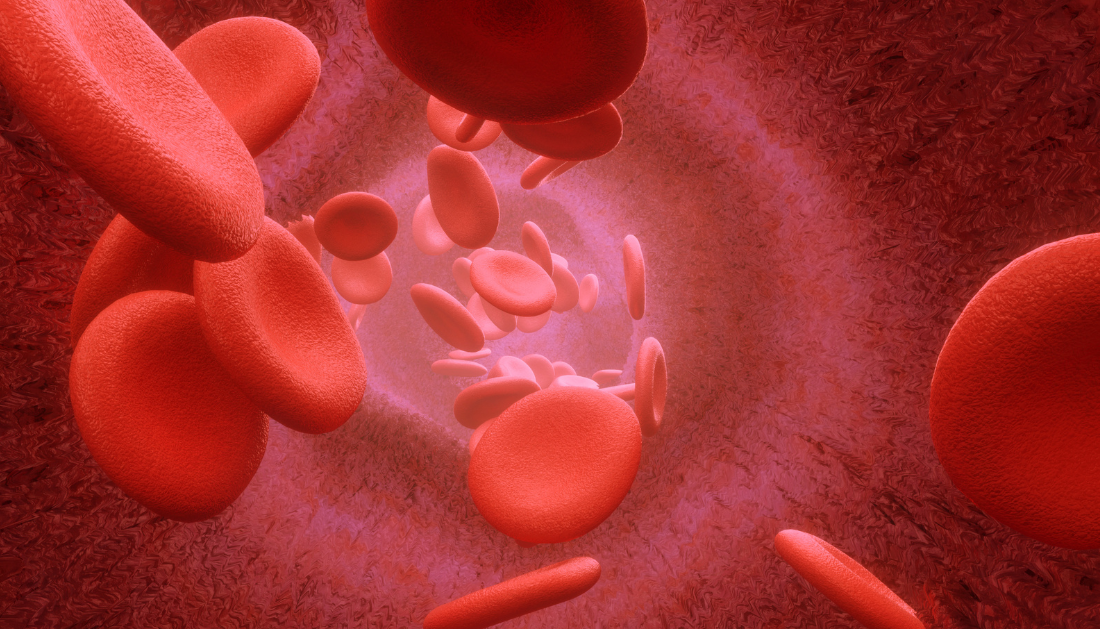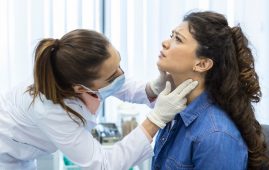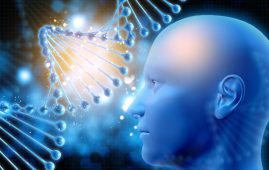

Endothelial Cells Hold Promise for Blood Vessel Regeneration.
Researchers Discover A protein marker that can be used to identify cells that can regenerate in individuals with blood vessel injury has been found by researchers. Their research, which was just published in Circulation, may result in new treatments for patients suffering from endothelium dysfunction, a condition that can occlude with plaque and impair the flow of blood to the heart tissue, increasing the risk of a heart attack.
“This study is the first to establish that a single, prospective marker identifies vascular clonal repopulating endothelial cells (CRECs),” said Chang-Hyun Gil, Ph.D., MS, assistant research professor of surgery at the Indiana University School of Medicine and co-first author of the study. “These exciting findings could lead to new cell therapies for repair of damaged vessels for patients.”
The ability of endothelial cells—which constitute the blood vessel’s inner, protective layer—to form colonies, self-renew, and create vessels was examined by the researchers. These cells contain a protein known as ABCG2. After a cardiac attack, these cells help to restore the blood vessels in the heart tissue by forming new blood vessels.
“By analyzing the genes and proteins in these cells, we identified specific pathways involved in blood vessel formation and tissue regeneration,” Gil said. “We discovered that ABCG2 involved in blood vessel development are more active in these cells compared to others, suggesting these specific endothelial cells have the potential to be used in repairing damaged blood vessels.
“AbcCRECs are becoming an important cell type to be considered for use in human patients suffering from a variety of diseases such as peripheral arterial disease, diabetes, diabetic proliferative retinopathy, acute kidney disease, and cardiovascular disease.”
“It is particularly important that this protein marker identified the CRECs in both mouse and human subjects,” said Mervin C. Yoder, MD, an Emeritus Distinguished Professor at the IU School of Medicine and a University of Pittsburgh surgical professor.
For more than seven years, the team has been researching these kinds of endothelium cells. To gain a deeper comprehension of the roles and workings of AbcCRECs, additional research and trials are required. This will aid in the creation of strategies for using these cells to cure illnesses and vascular damage. Clinical trials are also necessary to confirm the therapeutic effectiveness of AbcCRECs and investigate patient use.
For more information: ABCG2-Expressing Clonal Repopulating Endothelial Cells Serve to Form and Maintain Blood Vessels, Circulation, https://doi.org/10.1161/CIRCULATIONAHA.122.061833
more recommended stories
 Caffeine and SIDS: A New Prevention Theory
Caffeine and SIDS: A New Prevention TheoryFor the first time in decades,.
 Microbial Metabolites Reveal Health Insights
Microbial Metabolites Reveal Health InsightsThe human body is not just.
 Reelin and Cocaine Addiction: A Breakthrough Study
Reelin and Cocaine Addiction: A Breakthrough StudyA groundbreaking study from the University.
 Preeclampsia and Stroke Risk: Long-Term Effects
Preeclampsia and Stroke Risk: Long-Term EffectsPreeclampsia (PE) – a hypertensive disorder.
 Statins and Depression: No Added Benefit
Statins and Depression: No Added BenefitWhat Are Statins Used For? Statins.
 Azithromycin Resistance Rises After Mass Treatment
Azithromycin Resistance Rises After Mass TreatmentMass drug administration (MDA) of azithromycin.
 Generative AI in Health Campaigns: A Game-Changer
Generative AI in Health Campaigns: A Game-ChangerMass media campaigns have long been.
 Molecular Stress in Aging Neurons Explained
Molecular Stress in Aging Neurons ExplainedAs the population ages, scientists are.
 Higher BMI and Hypothyroidism Risk Study
Higher BMI and Hypothyroidism Risk StudyA major longitudinal study from Canada.
 Therapeutic Plasma Exchange Reduces Biological Age
Therapeutic Plasma Exchange Reduces Biological AgeTherapeutic plasma exchange (TPE), especially when.

Leave a Comment